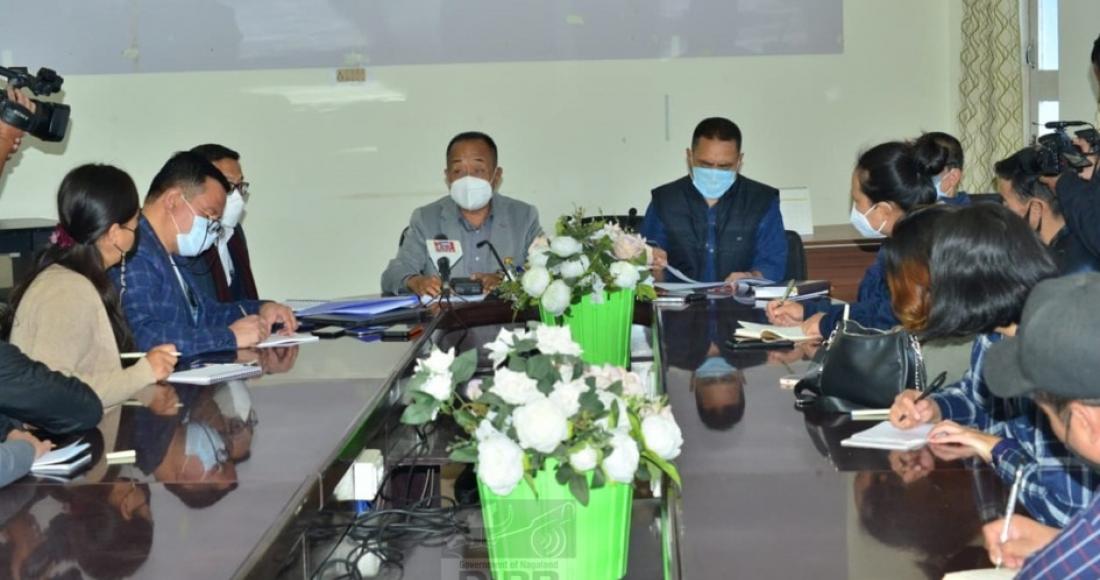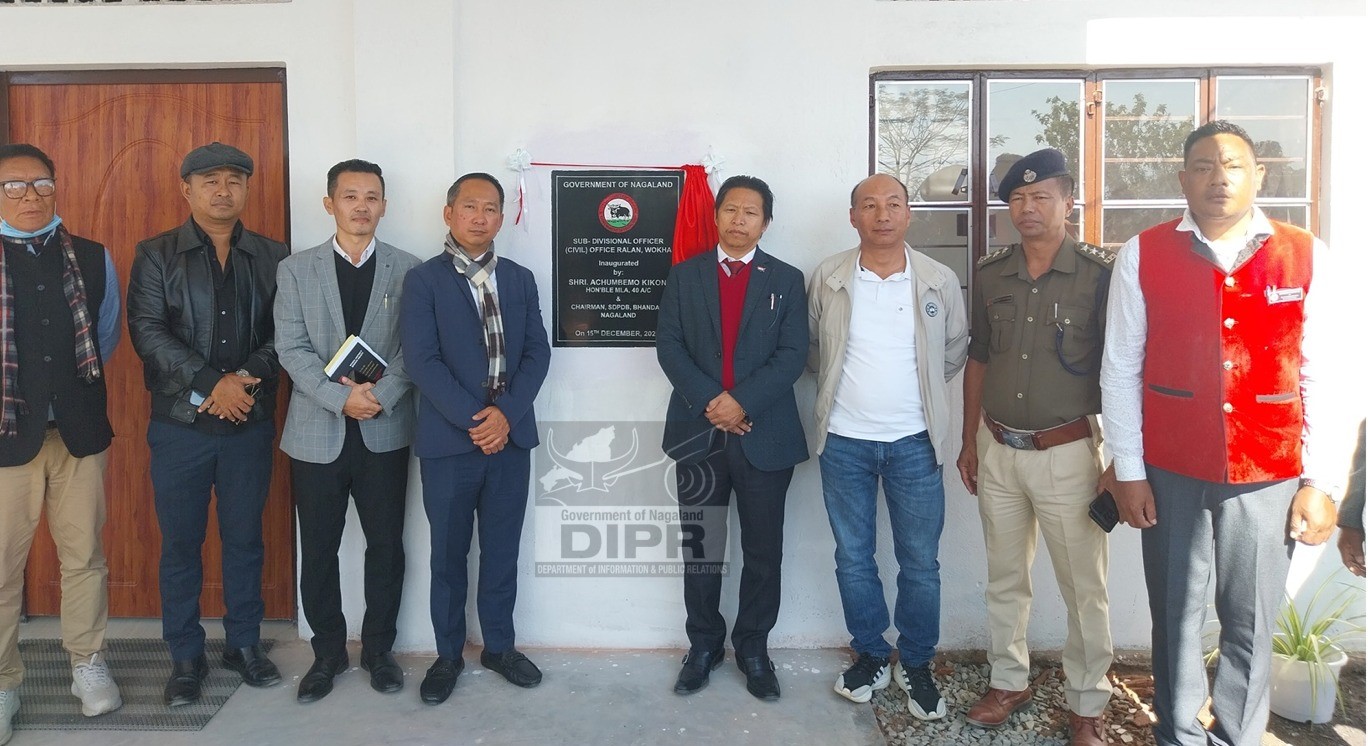In a press release, the Department of Health & Family Welfare stated that as the State celebrates the Hornbill Festival, there is a need to ensure to keep the community safe and protected. WHO has already identified the highly transmissible variant of concern, Omicron. As per ICMR, Omicron is possibly already in India and it may be a matter of time before it is detected.
What do we know about the Omicron variant?
·This variant was reported at a remarkable speed. Earliest cases so far were detected on 9 November and reported to World Health Organisation (WHO) on 24 November 2021.
·This variant has a large number of mutations, some of which are concerning. Preliminary evidence suggests there may be an increased risk of re-infection with this variant, as compared to other Variant of Concerns (VOCs).
Do tests still work on this variant?
·Most diagnostic tests continue to work and can detect this variant.
·Several labs have indicated that for one widely used PCR test, one of the three target genes is not detected (this is called S gene dropout or S gene target failure). This is similar to what we saw with the Alpha variant. So, we can use this PCR test to rapidly identify the likely presence of the new variant, and help us prioritize which samples need to be sent for genome sequencing, in order to confirm the new variant.
Do current vaccines still work on this variant?
·It is important to get vaccinated for the protection that they provide against the widely circulating variants. Researchers are looking into potential impact on vaccines and other tools.
What can people do to protect themselves?
·The most important thing people can do is reduce their risk of exposure to the virus. We know how to do so: get vaccinated, wear a mask, keep a distance, avoid poorly ventilated or crowded spaces, keep your hands clean and cough or sneeze into your elbow.
·The more COVID-19 circulates the more opportunities the virus has to change, the more mutations we will see. It is essential that we all continue to work to reduce the circulation of COVID-19. (Source: WHO)
Universal use of Masks especially in social, religious, or other official gatherings. Masks will reduce transmission in the community and avoid super spreader events or uncontrolled transmission
So, let us celebrate responsibly. Adhere to all Covid Appropriate Behaviours: wear mask at all time as you go outdoors, wash your hands frequently or carry hand sanitizers and avoid over crowed spaces. Do take all recommended doses of the COVID19 vaccine for optimum level of protection. Let us remember, no one is safe until everyone is safe.
Source:Department of Health & Family Welfare, Government of Nagaland
(DIPR)






